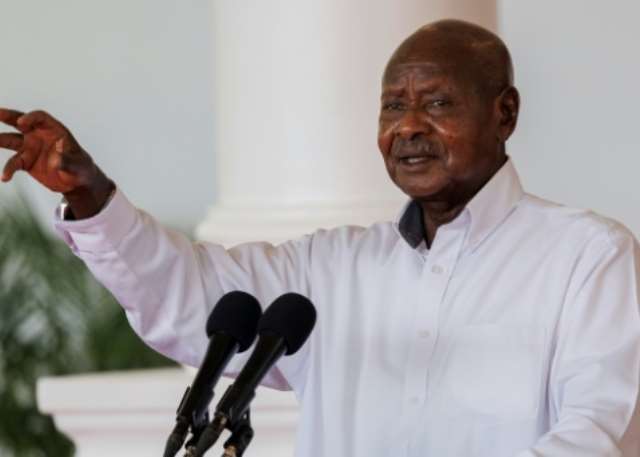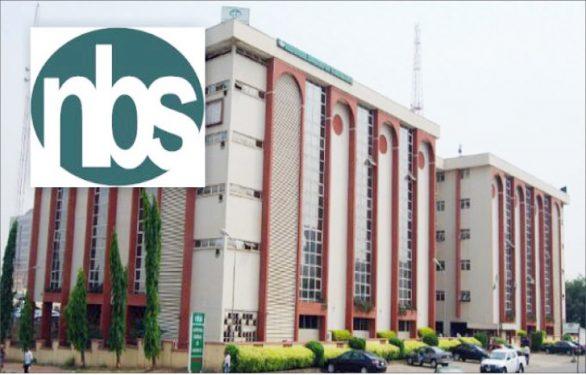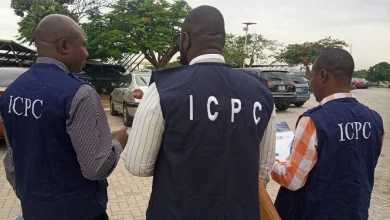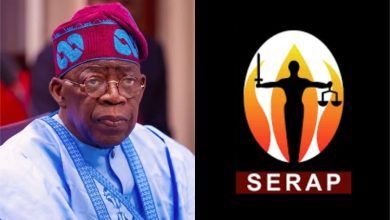Uganda’s Museveni Set to Seek Re-election in 2026 Amid Growing Crackdown on Opposition

Uganda’s long-serving President Yoweri Museveni will seek re-election in 2026, his ruling National Resistance Movement (NRM) party confirmed on Tuesday, ending months of speculation over his political future.
The 80-year-old leader, who has ruled Uganda since seizing power in 1986, will stand again as the party’s presidential flag bearer in the next general election, expected to be held early next year. The announcement was made via the NRM’s official website and later confirmed by Tanga Odoi, chairperson of the party’s electoral commission.
“President Museveni seeks to retain the positions of NRM chairman and party presidential candidate in the 2026 elections,” the statement read.
Museveni’s re-election bid—if successful—could extend his presidency beyond four decades, making him one of Africa’s longest-serving leaders. Once praised for ushering in stability and economic reforms, the former rebel commander has been accused in recent years of authoritarianism, constitutional manipulation, and the violent suppression of political dissent.
The political climate ahead of the 2026 elections is already highly charged. Opposition figures, activists, and civil society leaders face escalating harassment and intimidation. Security forces have been accused of abducting, detaining, and torturing opposition supporters under the guise of maintaining public order.
One of Museveni’s most high-profile rivals, Robert Kyagulanyi—popularly known as Bobi Wine—has confirmed he will challenge the president again in 2026, despite having faced widespread persecution during and after the disputed 2021 polls. Those elections were widely criticized by international observers for voter suppression, media censorship, and brutal crackdowns on protestors.
Bobi Wine, a former pop star turned politician, has been repeatedly arrested and remains a prominent target of online and verbal attacks by state actors. Museveni’s son and rumored successor, General Muhoozi Kainerugaba, has drawn condemnation for inflammatory remarks on social media, including threats to “behead” the opposition leader.
The government’s treatment of other long-time critics has also raised alarm. Dr. Kizza Besigye, a four-time presidential challenger and former Museveni ally, was abducted from Kenya in 2023, forcibly returned to Uganda, and now faces treason charges that carry the death penalty.
His detention has sparked outrage from human rights organizations and international watchdogs. His wife, Winnie Byanyima, executive director of UNAIDS, has publicly condemned the arrest, stating:
International rights groups have warned that Uganda’s democracy is at a tipping point, urging the government to respect civil liberties and electoral integrity ahead of the 2026 vote.
While Museveni and the NRM maintain that the president’s extended rule reflects popular support and stability, critics argue it’s a democracy in name only — with the electoral process tightly controlled and dissent ruthlessly quashed.
As Uganda heads toward yet another high-stakes election, the political future of one of Africa’s most enduring strongmen remains closely watched — both at home and abroad.





